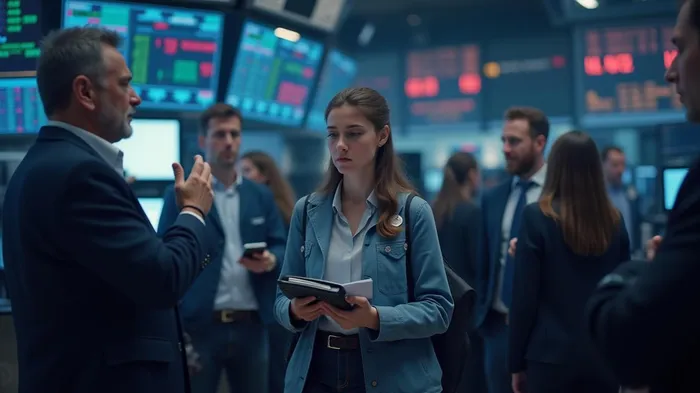Ray Dalio Warns Global Monetary Order Faces Collapse Due to US-China Trade Tensions
Legendary investor Ray Dalio has warned that the global monetary order is on the brinkBCO-- of collapse, a situation exacerbated by the tariff disruptions initiated by the Trump administration. Dalio, the former CEO of hedge fund BridgewaterBWB-- Associates, highlighted that these trade tensions are causing significant fractures in the monetary, political, and international world orders. This is leading to deglobalization and unsustainable trade imbalances, particularly between the US and China.
Dalio emphasized that the current trade environment is causing irreversible damage, with importers and exporters, especially between the US and China, drastically reducing their interdependencies and making alternative plans. He noted that the recognition of these issues is leading to a reality where reduced interdependencies with the US must be planned for, regardless of the outcome of tariff negotiations.
Dalio also pointed out that America’s role as the world’s largest consumer of manufactured goods and the largest debt issuer is becoming increasingly unsustainable. The idea that trade partners would continue selling to the US and receive dollars in return is, according to Dalio, a naive assumption. This could lead to more countries bypassing the US by forming new trade networks that rely on alternative currencies.
While Dalio did not specify which monetary alternative would challenge the dollar’s dominance, he has previously advocated for "hard money" assets like Bitcoin and gold during times of global uncertainty. He called for more calm and coordinated action from the US to address trade imbalances and become more self-sufficient. Dealing with the US government debt problem head-on would yield better results than the current pathPATH--, which Dalio described as marked by fighting and volatility leading to irreversible bad consequences.
Dalio advised investors and policymakers to shift their focus from day-to-day market moves and policy announcements to address these fundamental changes in the world order. He suggested that the current environment is teaching lessons that are leading to irreversible negative consequences, and a more strategic approach is needed to navigate these challenges.

Quickly understand the history and background of various well-known coins
Latest Articles
Stay ahead of the market.
Get curated U.S. market news, insights and key dates delivered to your inbox.



Comments
No comments yet